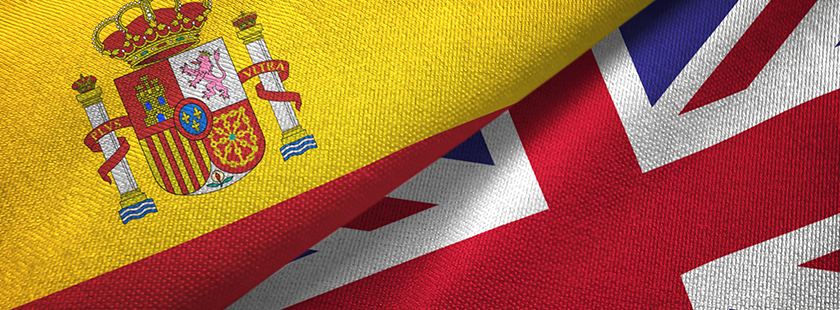This is a div block with a Webflow interaction that will be triggered when the heading is in the view.
For many Brits, Spain offers the perfect blend of sunshine, lifestyle, and opportunity. But the move brings more than just a change of climate. Spain’s tax system is very different from the UK’s, and too often people only discover the differences when an unexpected bill lands on the doormat.
Here are five of the most common traps that catch new residents, and how to prepare for them.
One of the biggest adjustments is that Spain taxes worldwide income once you are considered a resident, typically by spending more than 183 days in the country in a calendar year. That means UK rental income, dividends, pensions, and even overseas bank interest must all be declared. While double taxation relief may help, it still comes as a surprise to many who assume only Spanish income is in scope.
Spain’s special expatriate tax regime, often called Beckham’s Law, can look attractive. It allows qualifying newcomers to pay Spanish tax only on Spanish income for up to six years. The catch is that once it ends, all of your global income and assets fall fully under Spanish tax rules. Without planning, that transition can mean a sudden and steep rise in your annual liabilities.

In the UK, ISAs are one of the most popular savings tools, with growth and income sheltered from tax. Spain does not recognise the ISA wrapper, which means once you become tax resident, income and gains inside an ISA are treated just like any other investment. On top of that, non-UK residents cannot make new ISA contributions in most cases. The good news is there are Spanish-compliant investment options that can help replicate some of the tax efficiency.
Unlike the UK, Spain has a wealth tax that can apply once your assets rise above certain thresholds. Rules vary by region, and there is also a national solidarity tax aimed at very high net worth individuals. Both can often be reduced or planned around, but ignoring them can be costly. This is one of the first areas wealthier expats should address.
Financial products designed for the UK system do not always translate smoothly. ISAs lose their benefits, UK pensions can be taxed differently, and some investments are not recognised under Spanish rules. Succession law also complicates matters, as Spain applies forced heirship, meaning part of your estate must be reserved for certain heirs regardless of your UK will. Reviewing your holdings and estate plan before moving ensures they fit the Spanish framework.
Spain offers an incredible lifestyle, but its tax system is fundamentally different from the UK’s. Understanding these differences before you move can save money, reduce stress, and give you more control over your finances.
If you are planning a move or have recently arrived, speak with Taylor Condon at Skybound Wealth to review your options and make sure your finances are working for you.

Working with internationally mobile clients means dealing with more than one set of rules, assumptions, and long-term unknowns. Taylor’s role sits at that intersection, helping individuals and families make sense of finances that span borders, currencies, and future plans.
Clients typically come to Taylor when their financial life no longer fits neatly into a single country. Assets may sit in different jurisdictions, income may move, and long-term decisions such as retirement, succession, or relocation need advice that holds together across regulation, not just on paper.
Ordered list
Unordered list
Ordered list
Unordered list

